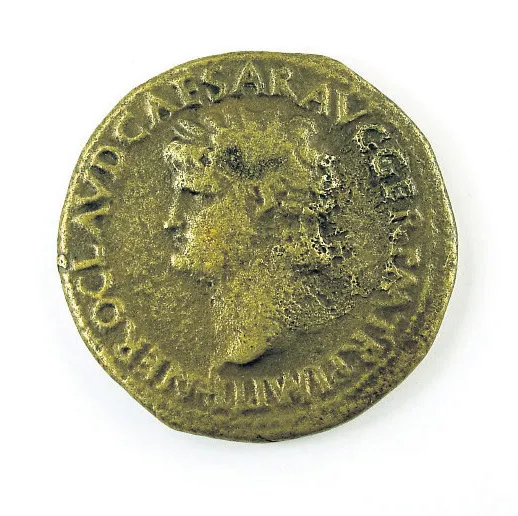Jesus famously said: ‘Render unto Caesar that which is Caesar’s, and to God that which is God’s.’
Scholars have long debated the exact significance of this phrase. Certainly it was a brilliant, Houdini-like, escape from the trap that was set for him. He took a coin, showed them the face on the coin, and pointed out that it might not be so immoral after all to give Caesar taxes, given that the money they were using was distributed by Caesar anyway. But at the same time he made it clear that allegiance through all and above all was to God.
But does Jesus’s famous statement have any significance beyond telling Christians to pay taxes? Many think it does. There is a long tradition of seeing this text as the epicentre of Christian interpretation of how to relate to a secular organisation. Other texts, such as Romans 13, are significant and much fuller, but Christ’s pithy axiom is seen by some to be the seed from which all the discussion grows.








